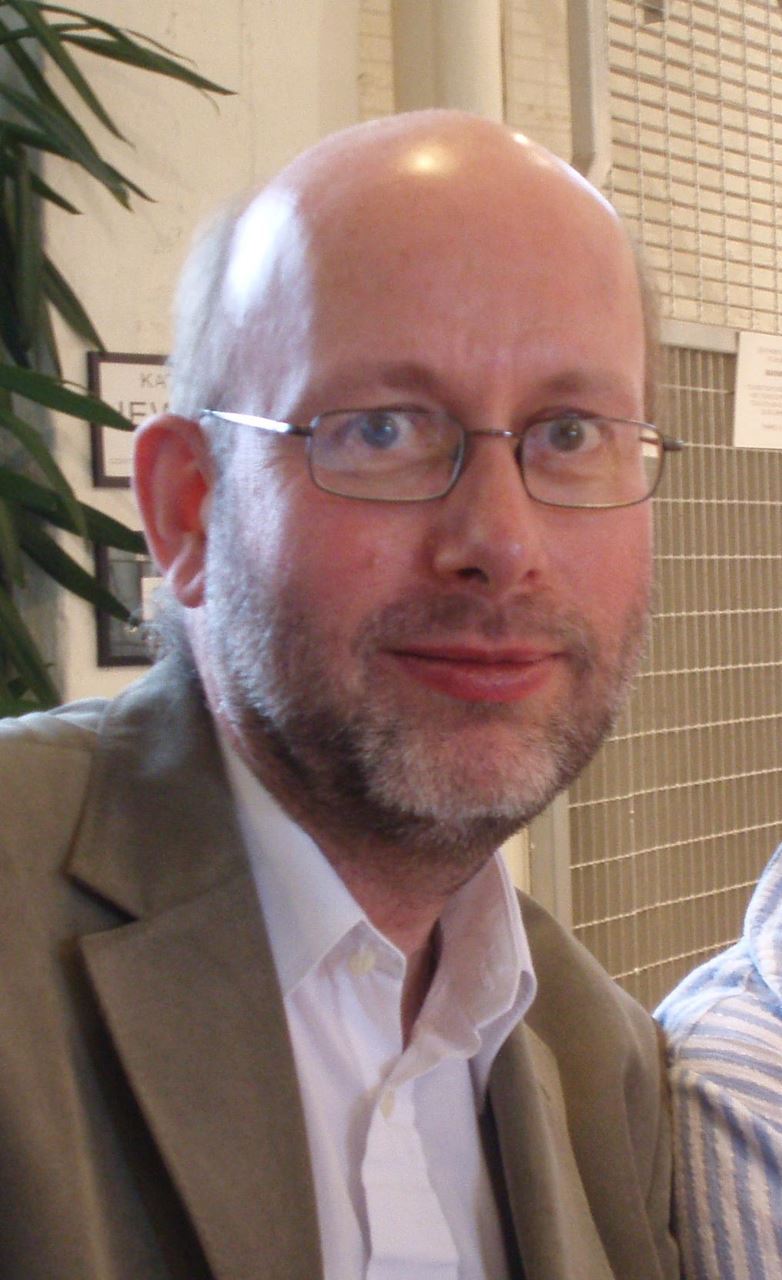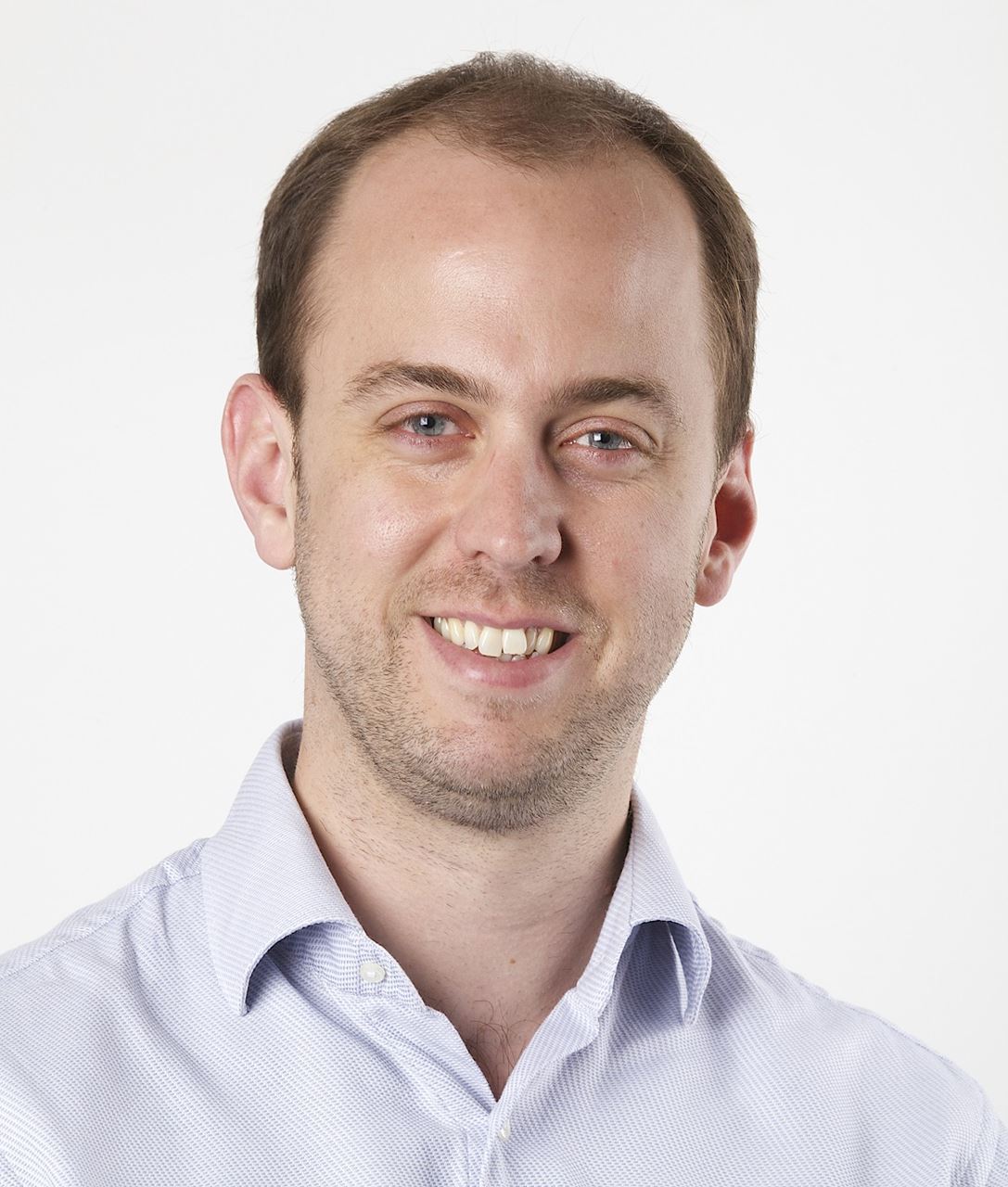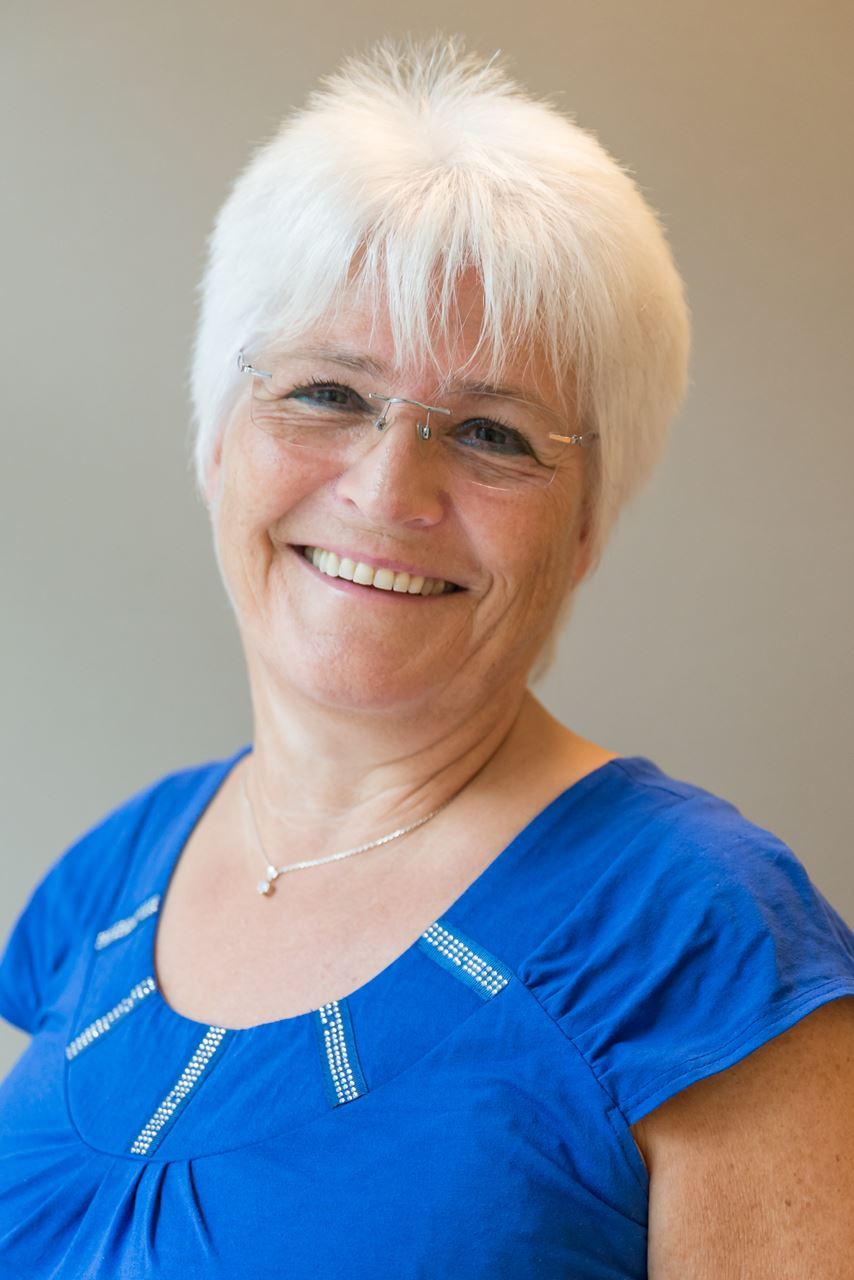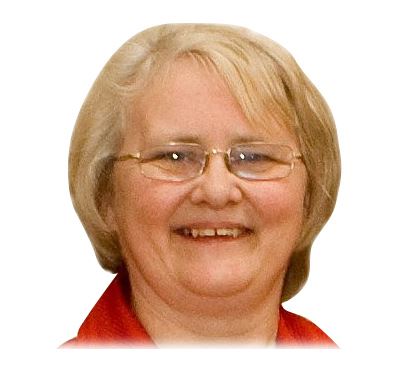International Network for the Study of Spirituality
- Home
- Conferences
- Conference 2021
Conference 2021
Spirituality in Research, Professional Practice and Education Sixth International Conference of the International Network for the Study of Spirituality, (formerly the British Association for the Study of Spirituality) incorporating a celebration of the 10th Anniversary of the Journal for the Study of Spirituality (to view the recording of the celebration session click HERE) ONLINE Monday 7 June – Tuesday 8 June 2021 in association with York St John University, York, UK
Image by Alexandra Koch, Pixabay The PROGRAMME OVERVIEW is available HERE The PARALLEL SESSIONS programme is available HERE The FULL CONFERENCE BROCHURE is available HERE NOTES on the Conference PLANNING and subsequent FEEDBACK (extracted from the Editorial to JSS 11.2) are available HERE To watch a RECORDING of each KEYNOTE LECTURE scroll down ... Conference 2021: Theme
Photo: Roderick Hunt - Midnight Sun, Arctic Circle Spirituality in Research, Professional Practice and Education The title of this conference reflected the three key elements in the study of spirituality that underpin the work of INSS: Research~Education~Practice. Four internationally-renowned keynote speakers each highlighted what they see as significant aspects of spirituality within their own disciplinary / professional context, including particular challenges to, and opportunities for, the development of research, professional practice and / or education in the field. Participants' presentations were arranged in parallel sessions. Conference 2021: Keynote speakers
The Spirit of Education and Professional Practice Abstract: As an educational researcher, I began researching spirituality because in the UK, ‘spiritual development’ is a statutory requirement for all state schools, and I wanted to explore whether this was appropriate and what it might therefore mean. This led to my researching relational spirituality (as also described by David Hay), both in the UK and Hong Kong, and the idea of the ‘spirit of the school’ emerged – with spirituality overcoming dualism. This was subsequently applied to research in many countries on teacher education, nurse education, assessment, boys schools, and computing. I have developed a complementary strand of research into various forms of aloneness (solitude, silence, loneliness), and their relevance to education and ethical professional practice. Spirituality and community are each developed alone and together. In this talk I will present an approach to researching the spirit of education, along with an approach to applying this to education into and for professional practice Julian Stern is Professor of Education and Religion at Bishop Grosseteste University, UK. . He was a school teacher for fourteen years, and has worked in universities for twenty-eight years. Julian is widely published, with sixteen books, contributions to nineteen other books, and over thirty peer-reviewed articles. Books include Mastering Primary Religious Education (2019, with Maria James), A Philosophy of Schooling: Care and Curiosity in Community (2018), Teaching Religious Education: Researchers in the Classroom: Second Edition (2018), Can I Tell You About Loneliness (2017), Virtuous Educational Research: Conversations on Ethical Practice (2016), Loneliness and Solitude in Schools: How to Value Individuality and Create an Enstatic School (2014), The Spirit of the School (2009), Schools and Religions: Imagining the Real (2007), and Involving Parents (2003). Julian is General Secretary of the International Seminar on Religious Education and Values (ISREV), and Editor of the British Journal of Religious Education. Watch a recording of Julian Stern's Keynote Lecture
Science, Spirituality and the Transition out of Modernity: Towards a Trans- modern Integration of Head and Heart Abstract: Spirituality, as a domain that is distinguishable from religion, emerged historically during the modern era and hence expresses many of the values of modernity. I define modernity along the lines of historians Foster Jones and Armstrong; as an era that promoted the values of progress, questioning authority, individual liberty and innovation. I also include Wilber’s definition of modernity as an epoch in which domains of knowledge that were previously integrated within religion were separated into discrete discipline and institutions. An eclectic, experiential and experimental spirituality has been one of the defining motifs of the modern era and has acted as an important counterbalance to science throughout. In this talk I will present a model of the relationships between science and spirituality that conceives of them as dialectically opposed yet complementary domains. I will also present evidence that we are currently moving, via the postmodern era (which in many ways is an extreme extension of the values of modernity), into a trans-modern era. This new era is one of radical interconnectedness and of coming up against systemic limits, with which the values of individualism, progress and institutional separations that define modernity are not well equipped to cope. A new way of conceiving the complex relationship between spirituality and science is needed that allows for a more complete and more dynamic integration to emerge out of the two, without reducing one to the other. This, in turn, will allow the respective strengths of science and spirituality to be brought to bear on education and professional practice, and to solving many pressing problems that the modern world has created. Oliver Robinson is a Senior Lecturer in Psychology at the University of Greenwich, UK. His research focuses principally on the changes, transformations and transitions of adulthood; he has written a textbook on this topic entitled Development through Adulthood: An integrative sourcebook. He also writes about the relationship between science, philosophy, history and spirituality: His recent book on this topic is entitled Paths Between Head and Heart: Exploring the harmonies of science and spirituality. Oliver co-organises an annual conference for the Scientific and Medical Network entitled Beyond the Brain (www.beyondthebrain.org). His interests include painting, meditation, dancing and spending time with his wife and young daughter. Watch a recording of Oliver Robinson's Keynote Lecture
“I had to dare to go beyond my comfort zone”: Ways to Promote Lifelong Learning of Spiritual Care Abstract: My interest has been to understand more deeply how students learn about spiritual care, especially in their clinical placements, in real life situations. In this talk I will discuss how students and professionals can enter into a lifelong learning spiral of spiritual care through preparing personally and professionally for spiritual care; and how they can tune into and recognise spiritual cues since, from patients’ and users’ perspectives, this is key to follow up. I will discuss the art of asking questions. I will also point to the importance of systematic reflection to learn and grow, to adjust what is needed, and to develop a professional identity. Tove Giske is a Professor in Nursing and works as a teacher and researcher at VID Specialized University, Faculty of Health Studies, Bergen, Norway, where she also serves as the Director of Research and Development. She has researched and published internationally about spiritual care. She has collaborated with Professor Pamela Cone for almost 20 years, and they have published a Handbook about Spiritual Care together in Norwegian; an English version is on the way. Tove has been a part of a European spiritual care network, which now has developed into the EPICC network (www.epicc-project.eu). She has developed an interest in how to serve nurses internationally since 1984. As President of Nurses Christian Fellowship International she seeks ways to teach and serve nurses around the world. Tove is married to Jarl and has three children and one grandchild. She likes gardening, cooking, knitting and travelling. Watch a recording of Tove Giske's Keynote Lecture
Abstract: The contemporary spirituality researcher is acutely aware of the distinct character of the knowledge which is the subject of enquiry in his/her research. Given the subtle, intuitive, ineffable character of the wisdom being investigated in spirituality research, greater care is now being taken in designing research approaches which can portray this type of wisdom with integrity. Emerging research approaches are actively engaging intuitive, organic, contemplative and mindful methodologies. In this talk I will aim to review, illustrate and evaluate these emerging methodologies. The contribution of Robert Romanyshyn to developing research that makes a place for the unconscious subjectivity of a researcher will be reviewed. Examples from two decades of doctoral supervision will be set out to illustrate how spirituality research is sometimes a vocation in which a topic claims a researcher. I will include descriptions of some step-by-step methods that flow from this approach, with particular reference to the inclusion of a researcher’s dreams and intuitions, alongside the functions of thinking and reasoning. Bernadette Flanagan has led the development of MA and professional doctoral studies in spirituality for the past 20 years. She is the Chairperson of the Spirituality Institute for Research and Education (SpIRE), Dublin, Ireland. She oversees spirituality research on the MA in Applied Spirituality for the Waterford Institute of Technology. Her most recent publication (with Laszlo Zsolnai) is the edited volume, The Routledge International Handbook of Spirituality in Society and the Professions (2019). This collection of essays by professional specialists offers accessible, diverse, and engaging international research on a wide range of fields of spirituality inquiry, including ageing and addiction, psychology, religious studies, sociology, business studies, and philosophy. Bernadette’s research students have explored spiritual dimensions of motherhood; cyber-space; tourism; leadership; and chronic illness. Watch a recording of Bernadette Flanagan's Keynote Lecture |





 The Research Revolution: Emerging Discourses in Spirituality Studies
The Research Revolution: Emerging Discourses in Spirituality Studies